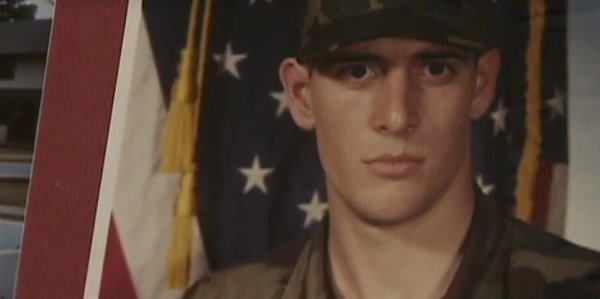

In 1988, Army Spc. Charles Nelson caught strep throat while he was stationed in South Korea. Left untreated, the minor infection turned into a kidney disease.
Now a disabled veteran, Nelson needs a new one, making this his second kidney transplant.
His son, Coty Nelson, who is a match, offered to give his father one of his kidneys. But the Department of Veterans Affairs rejected the Nelson’s claim to cover the transplant because his son isn’t a veteran.
“If you know about transplants, you know it’s hard enough to find a non-veteran donor,” Charles told BuzzFeed News.
So, he and his wife Tamara raised the money to fund Coty’s portion of the surgery. Still, the VA refused to approve the transplant.
Transplants are covered by the VA typically, and Charles is insured under the VA Choice Program, for veterans who live more than 40 miles away from a VA hospital. The Nelsons currently reside in Leander, Texas.
The VA’s National Transplant Program website lists a transplant center for kidneys in Houston, Texas. However, according to Buzzfeed News, the only way the VA would cover the Nelson’s transplant is if the family flew to one of the two VA hospitals that perform transplants: Portland, Oregon, or Nashville, Tennessee.
As a result, the Nelsons opted to use Medicare to cover the transplant, which allowed the two men to have surgery and recover at home, though the family was still responsible for paying the deductibles.
The VA had no response until the Nelsons went on a local Fox 7 news station to discuss their ordeal.
“I’m already having to deal with a sick husband — that my son is also going to be donating to him,” said Tamara told Fox. “But, not only that, I’m also having to fight the government to make this happen — which is disgusting. I mean it’s bad.”
After the Nelsons’ appearance on Fox, a representative from the VA in Washington, D.C., called and said that they would pay the deductibles instead.
The family remains highly skeptical, however, having seen nothing in writing.
“But, like before, it’s all been verbal. Still there’s no documentation, so we’ll see,” Tamara said.
